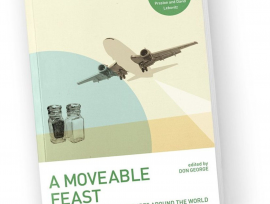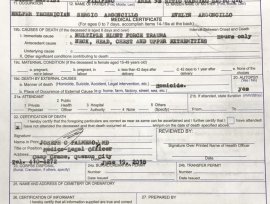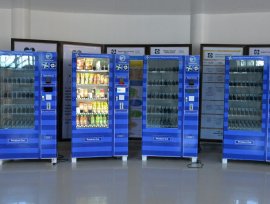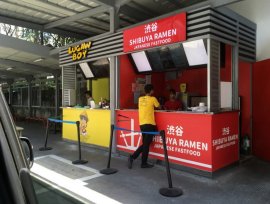Hyundai Eon Fuel Consumption: Is It Suitable To Be The First Car?
Fuel economy proves to be a deciding factor for many buyers when they are on the market for a new car. And as a prime choice for new drivers, Hyundai Eon fuel consumption is attracting attention right now.
Filipino drivers also follow the trend as the price of fuel has been increasing steadily in the past few years. A fuel economic car can not only save its owners money but also time spent filling the tank.
Hyundai Eon Fuel Consumption
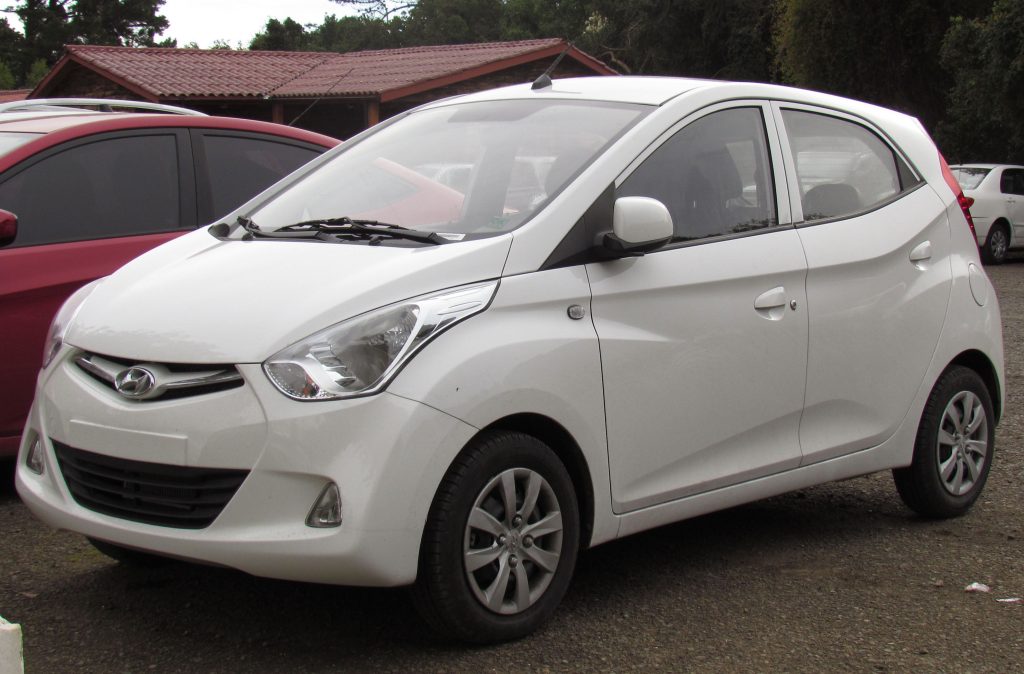 The Eon is the smallest on Hyundai’s portfolio and it serves as the ideal vehicle for new drivers
The Eon is the smallest on Hyundai’s portfolio and it serves as the ideal vehicle for new drivers
The Eon is the smallest on Hyundai’s portfolio and it serves as the ideal vehicle for new drivers. It comes equipped with a 9-valve, 0.8-liter Inline 3 SOHC gasoline engine that can give owners 75 Nm of torque and 55 horsepower. But what sets it apart is the amount of gasoline it consumes for each kilometer. Hyundai Eon fuel consumption is 20.8 km/L.
Toyota Wigo vs Hyundai Eon
When it comes to Hyundai Eon and Toyota Wigo, engine performance isn’t what sets them apart.
The two cars feature 3-cylinder engines and on papers, the Wigo seems to have an upper hand with its 1-liter engine, in comparison with the 0.8-liter of the Eon. But in reality, it is more than just number comparing.
Hyundai Eon 12-valve Epsilon engine appears to be smaller but it yields 56hp and 76 Nm at 5500 RPM and 4000 RPM. These figures seem small but when you take the weight of 790 kg into consideration, you will see how far the car can take you.
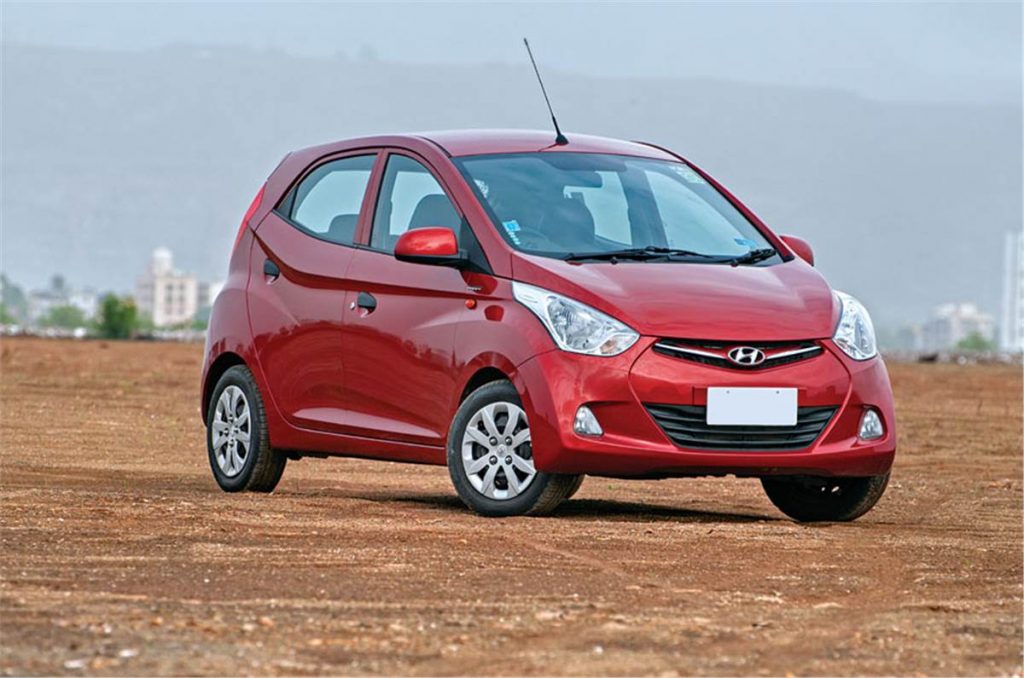 Hyundai Eon 12-valve Epsilon engine appears to be smaller but it yields 56hp and 76 Nm at 5500 RPM and 4000 RPM
Hyundai Eon 12-valve Epsilon engine appears to be smaller but it yields 56hp and 76 Nm at 5500 RPM and 4000 RPM
Drivers can upshift very quickly courtesy of the short gear ratio. On paved roads, drivers can expect comfortable drive thanks to the Macpherson front suspension. The Hyundai Eon fuel consumption Corner4men provide above is tested in city conditions with dense traffic.
Toyota Wigo, on the other hand, seems to have an advantage with a 1-liter engine that can make 89 Nm and 66 hp at 4400 RPM and 6000 RPM respectively. It is true that Wigo’s powerband entry is higher than that of the Eon but the latter has other features to make up for that. In cities, the Wigo's mileage is 12-13 kmpl while on highways, the figure is 19-20 kmpl. However, there are more worries that occupy the minds of drivers on highways than the mileage of the vehicles, the difference between Easytrip vs Autosweep for example.
The two vehicles have similar suspension set-up but the Wigo’s handicap is 90 kg higher than that of the Eon which stands at 880 kg. However, the Wigo has a much softer suspension so basically, the car offers more comfort. The 4-speed manual transmission of the top-spec variant does tax the fuel economy. Compared to Hyundai Eon fuel consumption, that of Wigo is merely 11 km/l in city conditions, still respectable though.
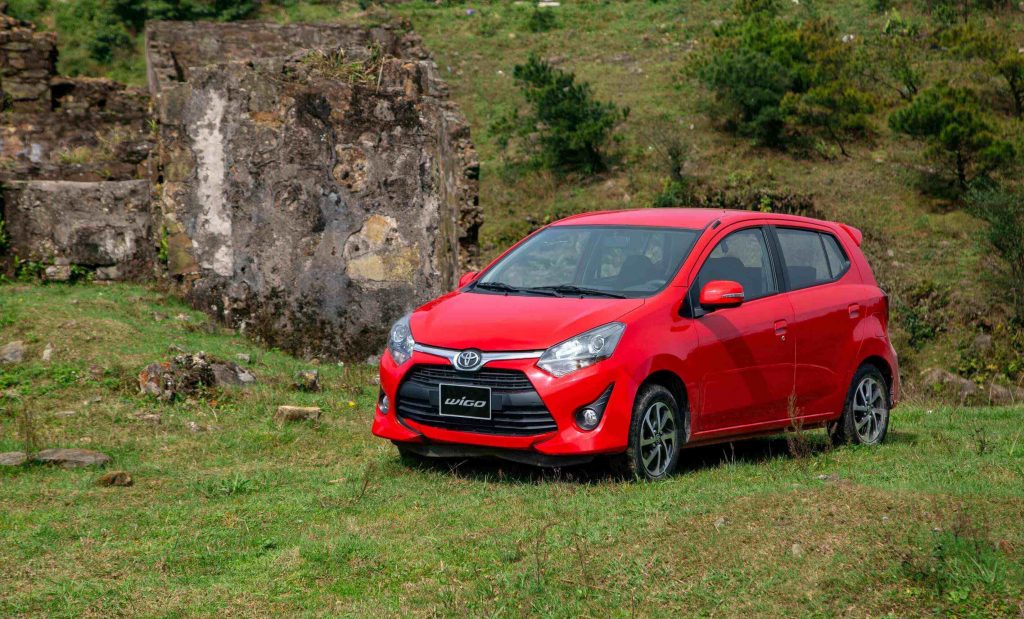 The Wigo’s handicap is 90 kg higher than that of the Eon which stands at 880 kg
The Wigo’s handicap is 90 kg higher than that of the Eon which stands at 880 kg
Many who have driven both the Wigo and the Eon prefer the latter for its weight, fuel economy, and comfort.
So overall, when it comes to performance, Hyundai Eon is the way to go for new drivers.
Fuel Saving Tips
While the Eon boasts a great fuel economy, drivers might want to keep a few tips in mind to further save gasoline:
- Make sure that the cold tyre pressure is accurate. Warm tyre pressure is up to 5 psi more than cold tyres’. Expect 10% more on your gasoline bill with under inflated tyres. For the best pressure for your Hyundai Eon, refer to the user manual.
- While Hyundai Eon fuel consumption is great, you can further save gasoline by driving within the economical speed range and make use of the top gear as much as you can. If you have access to the gear shift indicator, you can use it to know the recommended gear most suitable for the speed.
- Hyundai Eon gas consumption is affected by how frequently you change the gear, sudden braking and acceleration.
- For every three minutes of idling, owners will lose approximately one km.
- Eon fuel consumption increases when clutch slippage happens, so to avoid this, don’t rest your foot on the clutch petal.
- Vehicles that are often serviced can save around 6% of fuel and costly repairs.
- If you notice dragging, get the vehicle checked.
- Only use good quality fuel as poor one can damage the vehicle engine and components.
recent articles

Top 5 Most Beautiful Woman In The Philippines - The Finals
Are you seeking the latest top 5 most beautiful woman in the Philippines? Wonder who has the most charming beauty? Keep reading to find out!

Top Types of Jeans Brands
Have you heard of the world's most famous jeans brands? Which brand will have products that complement your personal style? Let’s find out the top 5 best types of jeans brands.

Top best airbnb Philippines you shouldn't miss
Airbnb is the most popular accommodation service today. You can find a variety of accommodations according to your needs.



